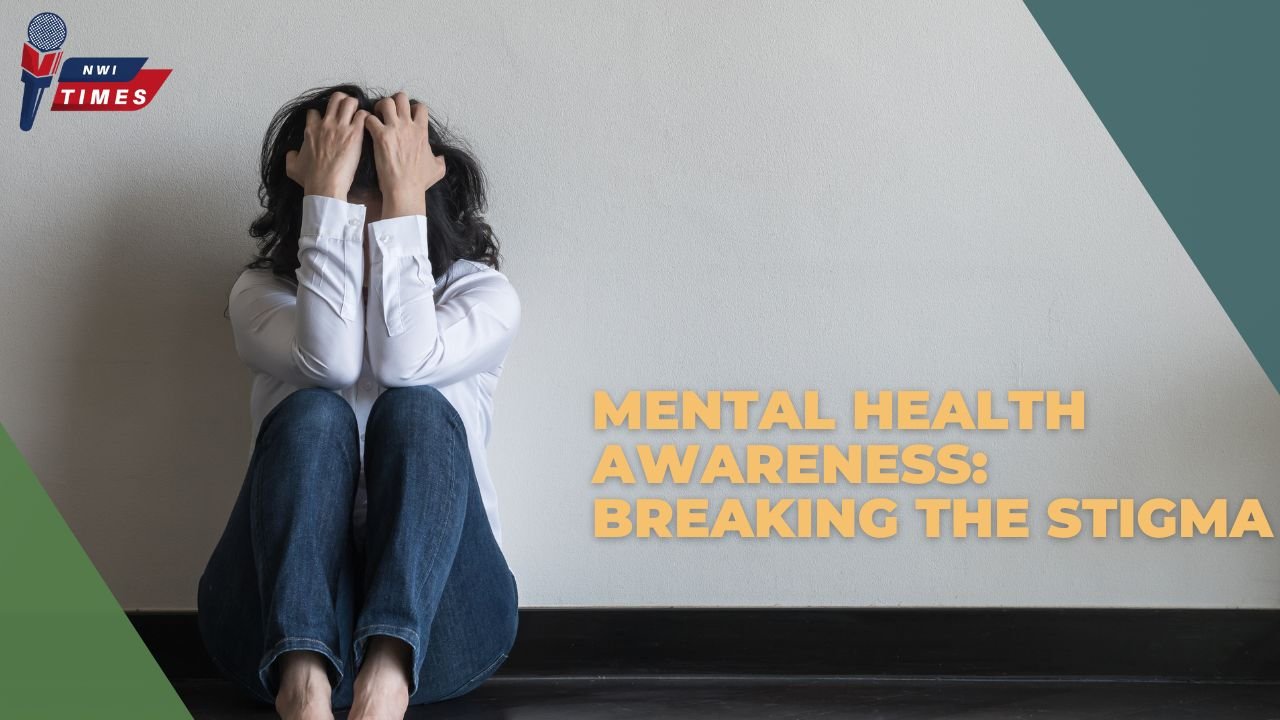Mental health awareness means understanding and talking about mental health issues openly. It’s about recognizing that mental health is just as important as physical health. When we discuss “Mental Health Awareness: Breaking the Stigma,” we focus on removing the negative beliefs and misunderstandings surrounding mental health problems. Many people suffer from conditions like depression or anxiety, but fear of judgment can prevent them from seeking help. “Mental Health Awareness: Breaking the Stigma” helps educate people about these conditions and encourages supportive conversations.
Why is Mental Health Stigma a Problem?
Stigma around mental health creates challenges for those affected by these issues. When society holds negative views about mental health, individuals may feel ashamed or isolated. This stigma can lead to severe consequences, such as not getting the right treatment or support. In some cases, it can even worsen symptoms or lead to suicidal thoughts. By understanding “Mental Health Awareness: Breaking the Stigma,” we can work to change these harmful attitudes and support better mental health for everyone.
How Does Stigma Affect Those with Mental Health Issues?
Stigma can deeply impact those with mental health issues by fostering feelings of shame and fear. People might hide their struggles, leading to a lack of proper treatment or support. This can make mental health conditions worse. Studies show that individuals who experience stigma are less likely to seek help and more likely to suffer from long-term mental health problems. Addressing “Mental Health Awareness: Breaking the Stigma” helps tackle these issues by promoting a more understanding and compassionate approach to mental health.
What Can We Do to Break the Stigma?
Breaking the stigma involves several key actions. First, education is crucial—learning about mental health helps dispel myths and misconceptions. Second, open conversations are important; talking about mental health openly reduces its taboo nature. Third, supporting mental health initiatives and policies can create more resources and support systems. By focusing on “Mental Health Awareness: Breaking the Stigma,” we can work towards a society where mental health is openly discussed and supported.
Why is Education Important in Mental Health Awareness?
Education plays a vital role in “Mental Health Awareness: Breaking the Stigma.” When people learn about mental health conditions, they are less likely to hold onto false beliefs or stereotypes. This knowledge can lead to greater understanding and reduced fear or judgment. Schools and workplaces that provide mental health education help build a more informed and supportive community. This education also encourages people to seek help when needed, reducing the overall impact of mental health issues.
How Can Media Influence Mental Health Awareness?
Media significantly impacts public views on mental health. Positive portrayals can help reduce stigma, while negative or misleading representations can worsen it. By showing real-life stories and accurate information, media can help educate the public about mental health issues. Programs and campaigns that focus on “Mental Health Awareness: Breaking the Stigma” are essential in changing how people think and talk about mental health. Media coverage can lead to more support and resources for those in need.
What Role Do Support Groups Play?
Support groups are essential in “Mental Health Awareness: Breaking the Stigma.” They offer a space for people with similar experiences to connect and share their stories. These groups provide emotional support and practical advice for managing mental health issues. They also help reduce feelings of isolation and encourage people to seek help. Participating in or supporting mental health support groups contributes to breaking the stigma by fostering understanding and community.
How Can Schools Promote Mental Health Awareness?
Schools play a crucial role in promoting mental health awareness among young people. By integrating mental health education into the curriculum, schools can teach students about mental health issues and how to seek help. Schools can also create supportive environments where students feel safe discussing their mental health concerns. Programs and initiatives focused on “Mental Health Awareness: Breaking the Stigma” in schools help build a foundation of understanding and support from a young age.
What Are the Benefits of Breaking Mental Health Stigma?
Breaking the stigma around mental health offers many benefits. It leads to better understanding and acceptance, which encourages more people to seek help early. This can result in improved mental health outcomes and a reduction in the severity of mental health conditions. Supportive environments also lead to better overall well-being for individuals and communities. Efforts toward “Mental Health Awareness: Breaking the Stigma” contribute to a more compassionate and informed society.
Table: Benefits of Breaking Mental Health Stigma
| Benefit | Description |
| Improved Access to Help | More people will seek help early if they feel less judged. |
| Better Mental Health Outcomes | Early treatment leads to better management of mental health conditions. |
| Increased Support | A supportive community helps individuals feel less isolated. |
| Reduced Fear and Shame | Reducing stigma makes it easier for people to discuss and address mental health issues. |
Conclusion
“Mental Health Awareness: Breaking the Stigma” is crucial for creating a more understanding and supportive society. By addressing the negative views and misconceptions about mental health, we can improve access to help and support for those affected. Education, open conversations, and media representation all play key roles in fostering a more informed community. Support groups and schools also contribute significantly to reducing stigma and providing necessary support. The benefits of breaking the stigma are clear: better mental health outcomes, increased support, and reduced fear and shame. Focusing on “Mental Health Awareness: Breaking the Stigma” helps ensure that mental health is treated with the same importance and respect as physical health, ultimately leading to a more compassionate and inclusive society.



